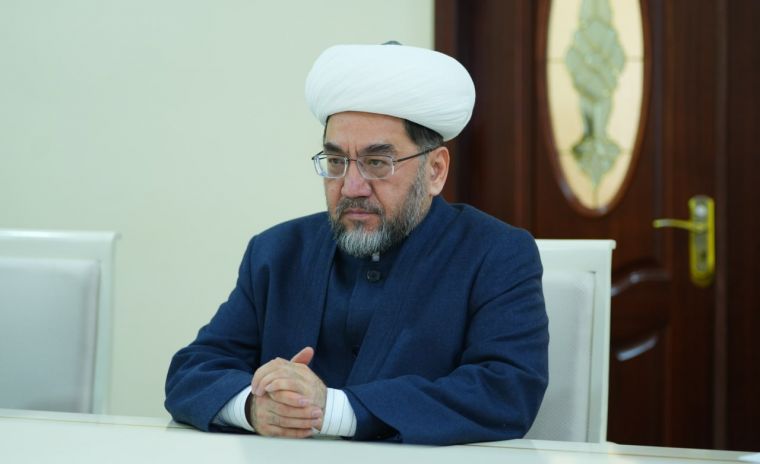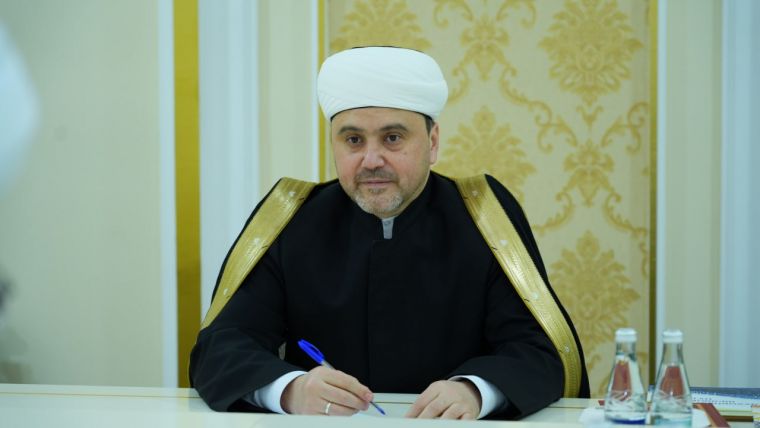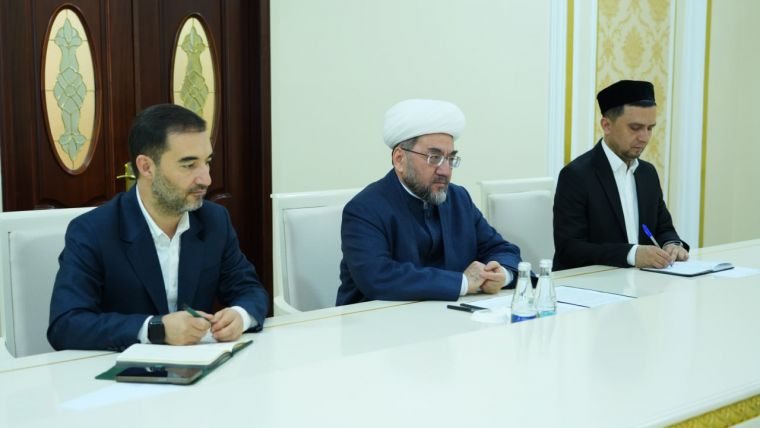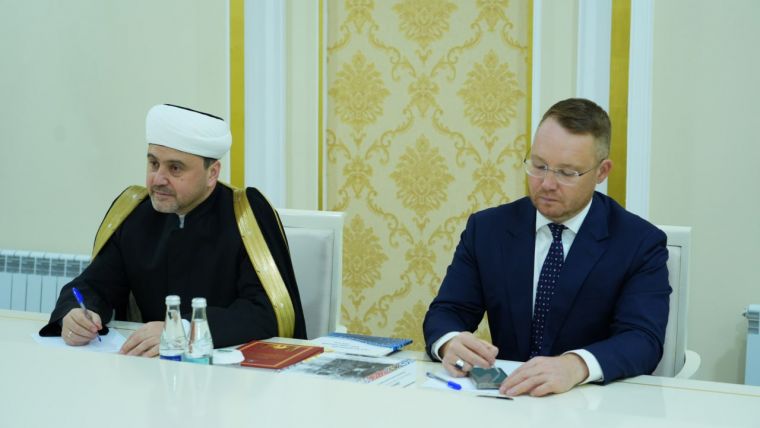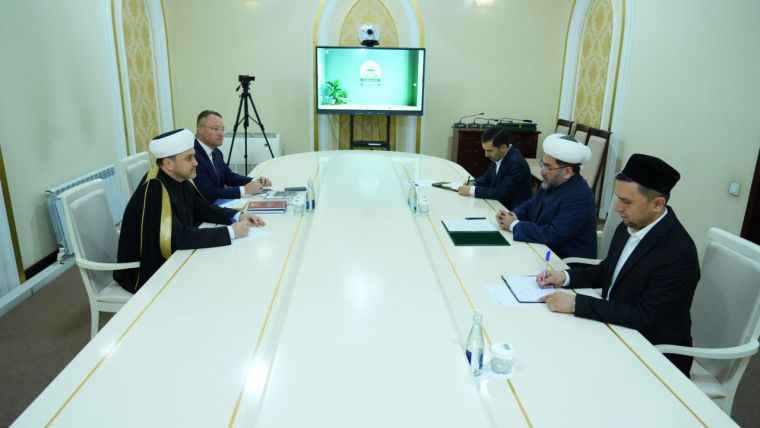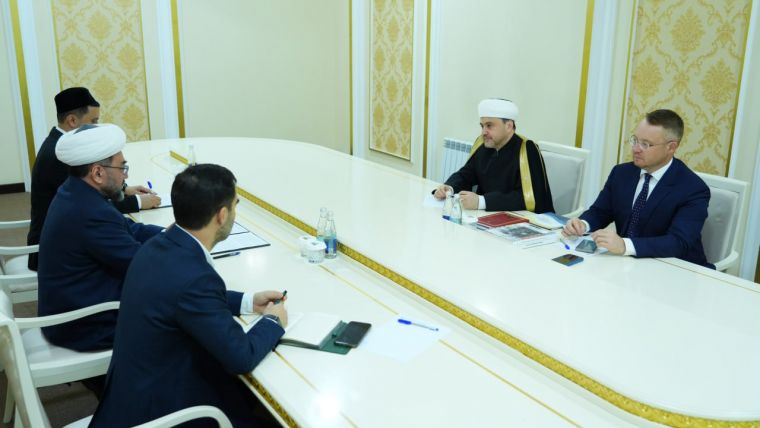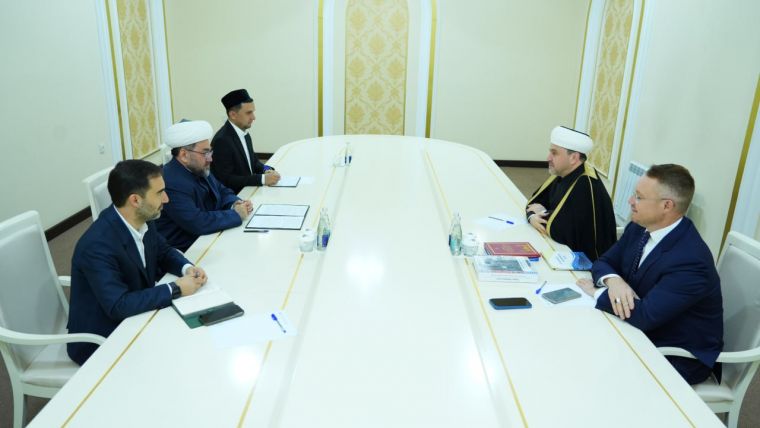Tashkent city



When information stream used to flow like gentle wind, we would hear soft news and our moods would elevate, we would stay in positive mood for a long time with good intention in our hearts. We would hear many women who served their old fathers in law for years and received their sincere supplication.
For that reason if they touch sand it turns into “gold”; we also would hear a father giving his one kidney to his ill son. Look at how great is the Almighty that both the father and the son with one kidney only are still alive and living happily; another case with the lady we would hear who saved her baby given the choice to save her own life or her baby before the delivery at pregnancy hospital. That was a normal humane action of the lady who saved her child without a single hesitation and without ever having seen it. Look again at how great is the Almighty that both the mother and the child are alive and happy again. They are clear in front of us, they are clear in front of God!
But, when information stream has become a thunderstorm we have started endless negative news.
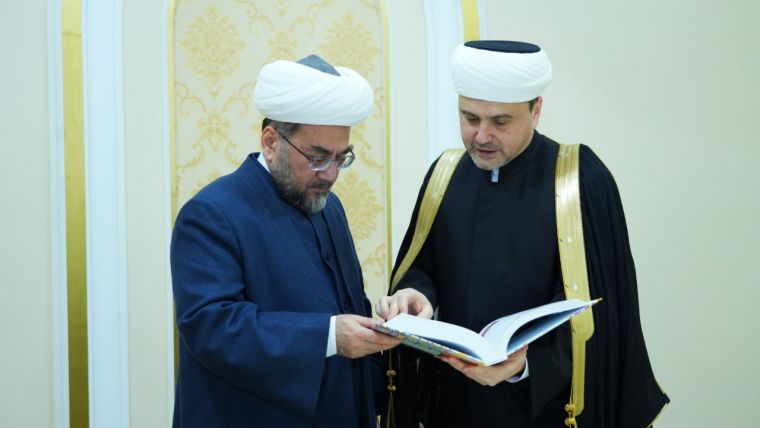
The Chairman of the Muslims Board of Uzbekistan, Mufti Sheikh Nuriddin Khaliqnazar, received Rushan Abbyasov, the Deputy Chairman of the Religious Board of Muslims of the Russian Federation.
During the meeting, the sides discussed key issues of mutual interest, including the organization of international conferences and the implementation of joint projects in religious, enlightenment, scientific, and educational spheres.
Press Service of the Muslims Board of Uzbekistan
